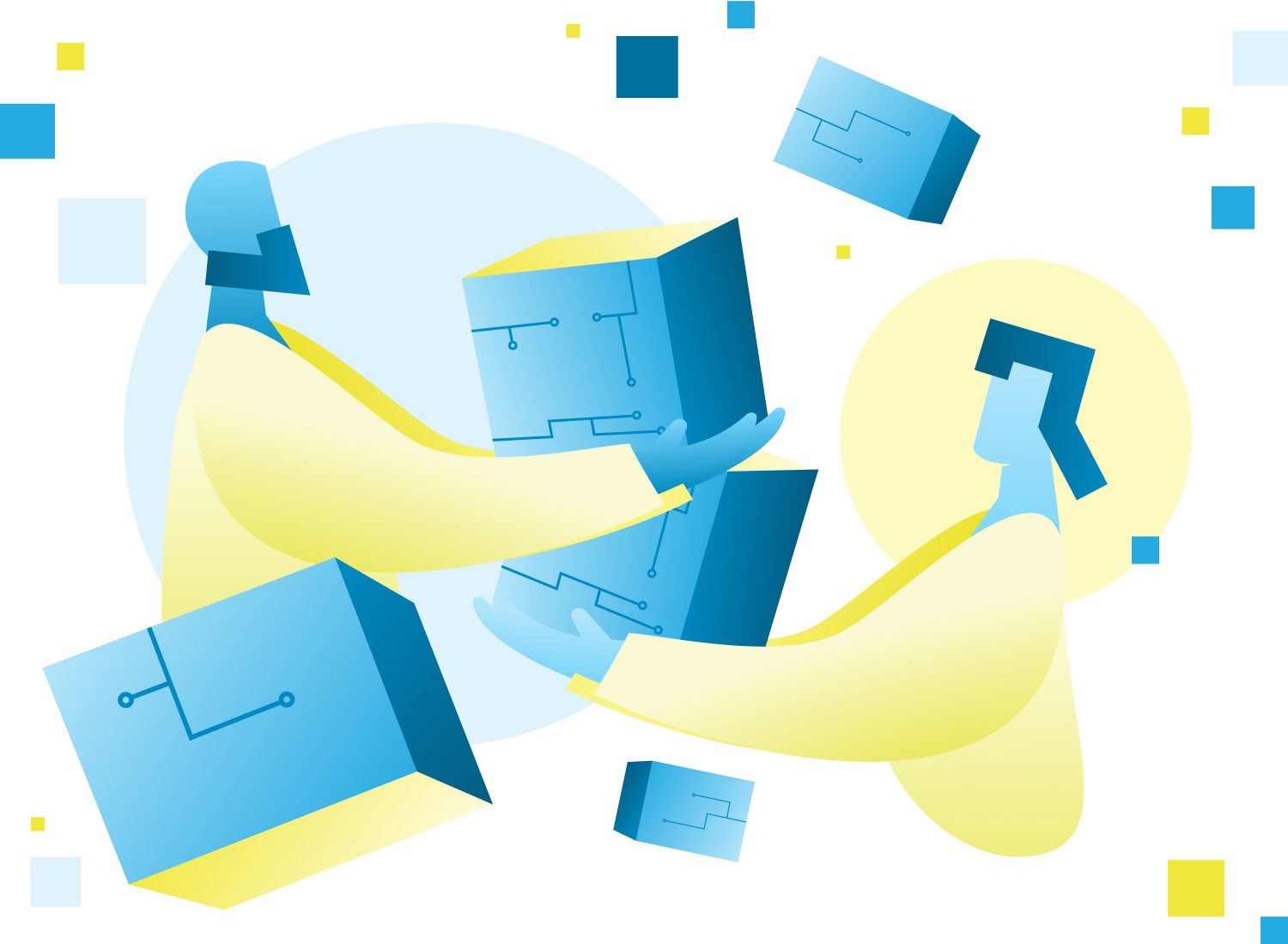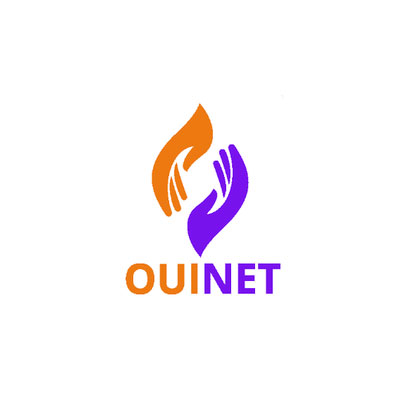We support technology projects that counter online censorship and combat repressive surveillance to enable all citizens to exercise their fundamental human rights online.

Our Funds and Fellowships provide support to researchers, technologists, and digital security experts developing solutions to empower and protect users from repressive government censorship and surveillance globally.
Internet Freedom Fund
This fund supports innovative internet freedom projects, including technology development, research, digital security projects, and convenings.
Rapid Response Fund
This fund provides emergency support to journalists, human rights defenders, and civil society organizations facing digital threats and attacks.
Surge and Sustain Fund
This fund supports user costs for open-source VPN and circumvention solutions serving users in highly restrictive censorship environments.
FOSS Sustainability Fund
This fund supports the long-term maintenance of established FOSS projects and communities that sustain them.
Information Controls Fellowship Program
The Fellowship supports research into repressive internet censorship and surveillance.
OTF has supported 450+ projects to date.
We provide expert services to internet freedom projects through our Resource Labs.
Localization Lab
Our partners translate internet freedom tools into over 200 languages.
Security Lab
Our partners provide expert security audits to qualifying internet freedom projects as well as all OTF-supported technology projects.
OTF provides ongoing project support for security audits, usability and user safety, translations, and community learning.
Secure Usability & Accessibility Lab
Our partners provide usability and accessibility audits and support to ensure internet freedom tools are intuitive, safe and effective for users everywhere.
Learning Lab
Our partners provide editorial, graphic and design support to help OTF projects better reach their audiences.
OTF IMPACT
2+ BILLION
people worldwide use OTF-supported technologies to safely access the uncensored internet
5,000+
applications for support received and reviewed
200+
countries where OTF supports censorship measurement and monitoring efforts
100+
security audits supported, resulting in over 2,000 security patches







